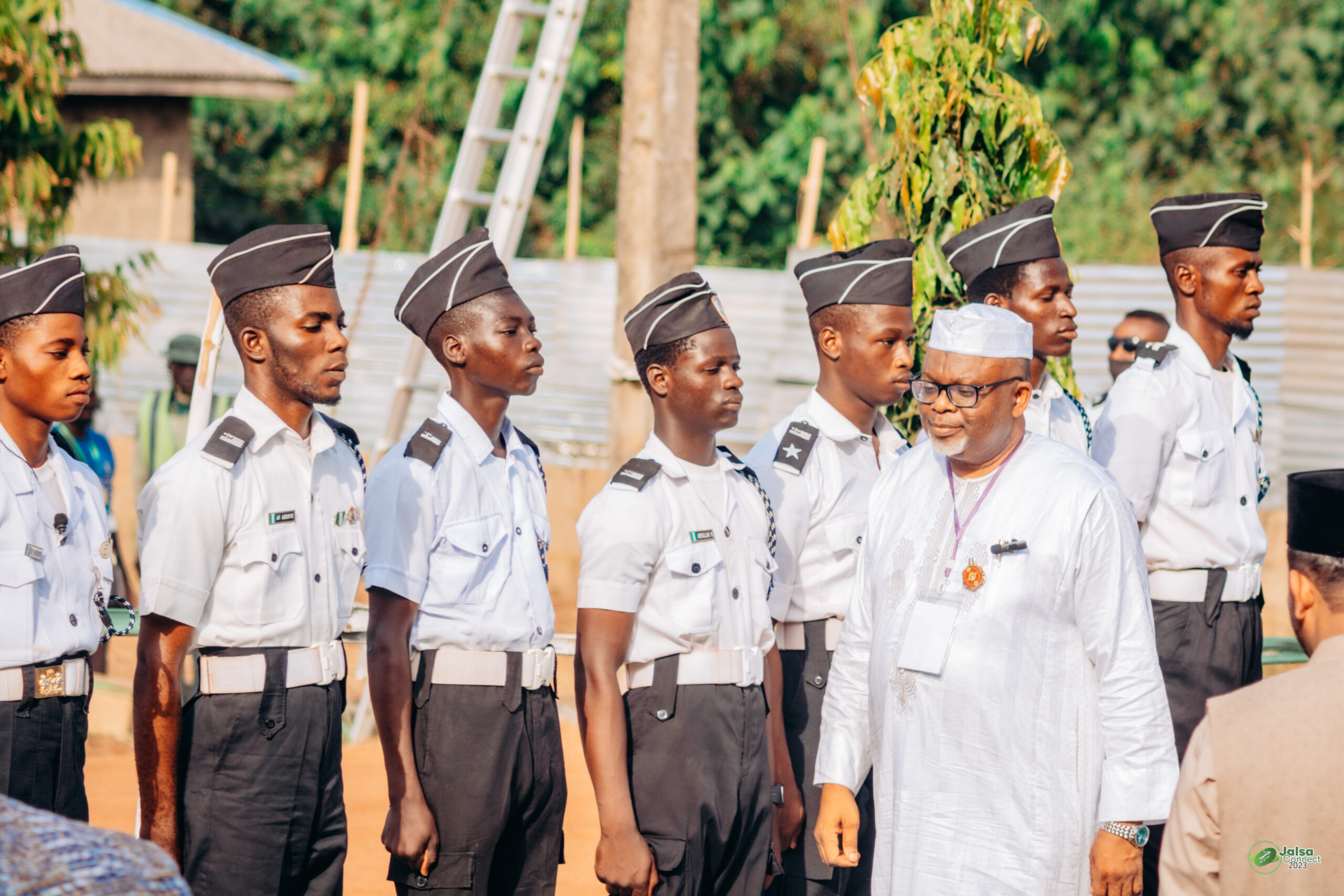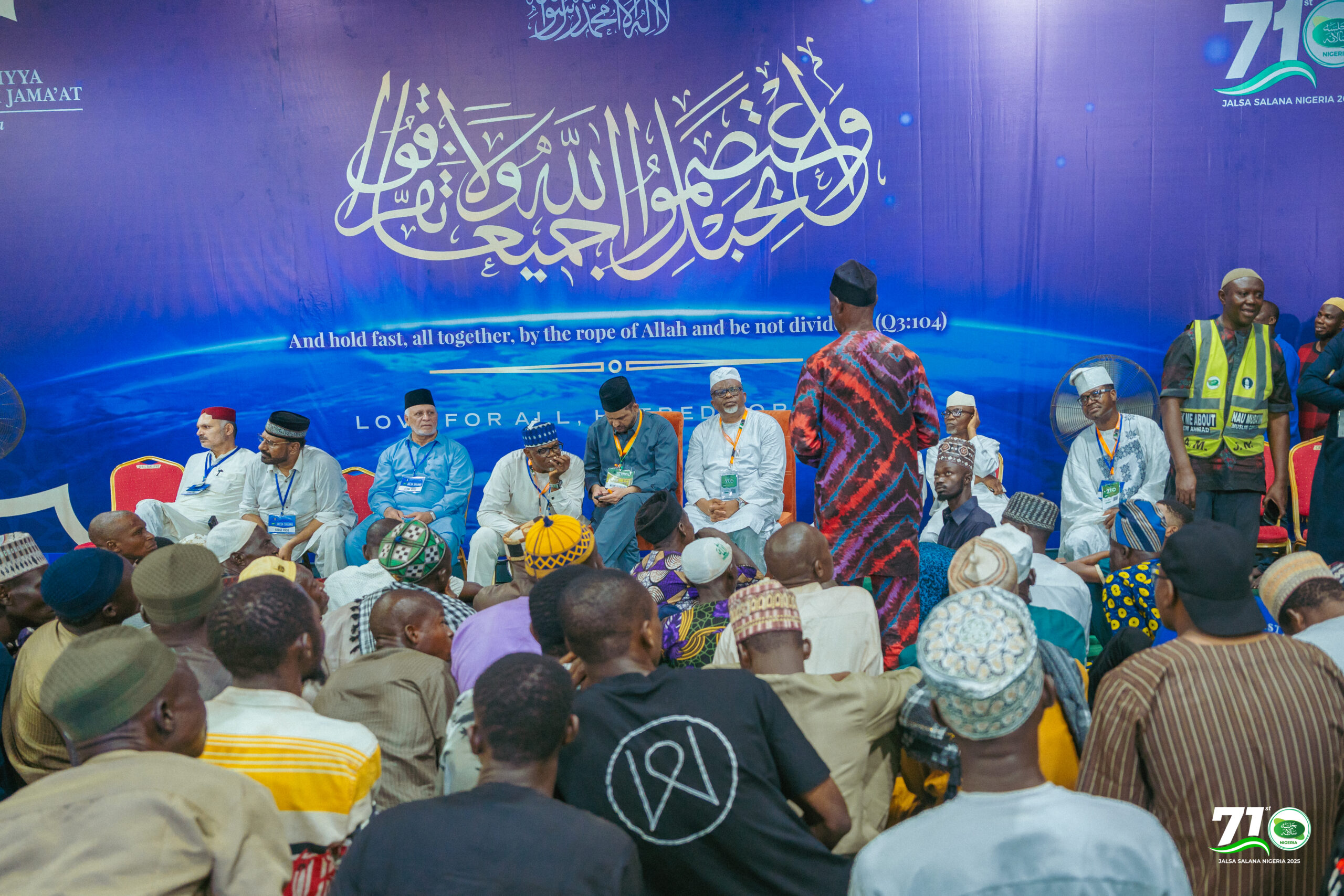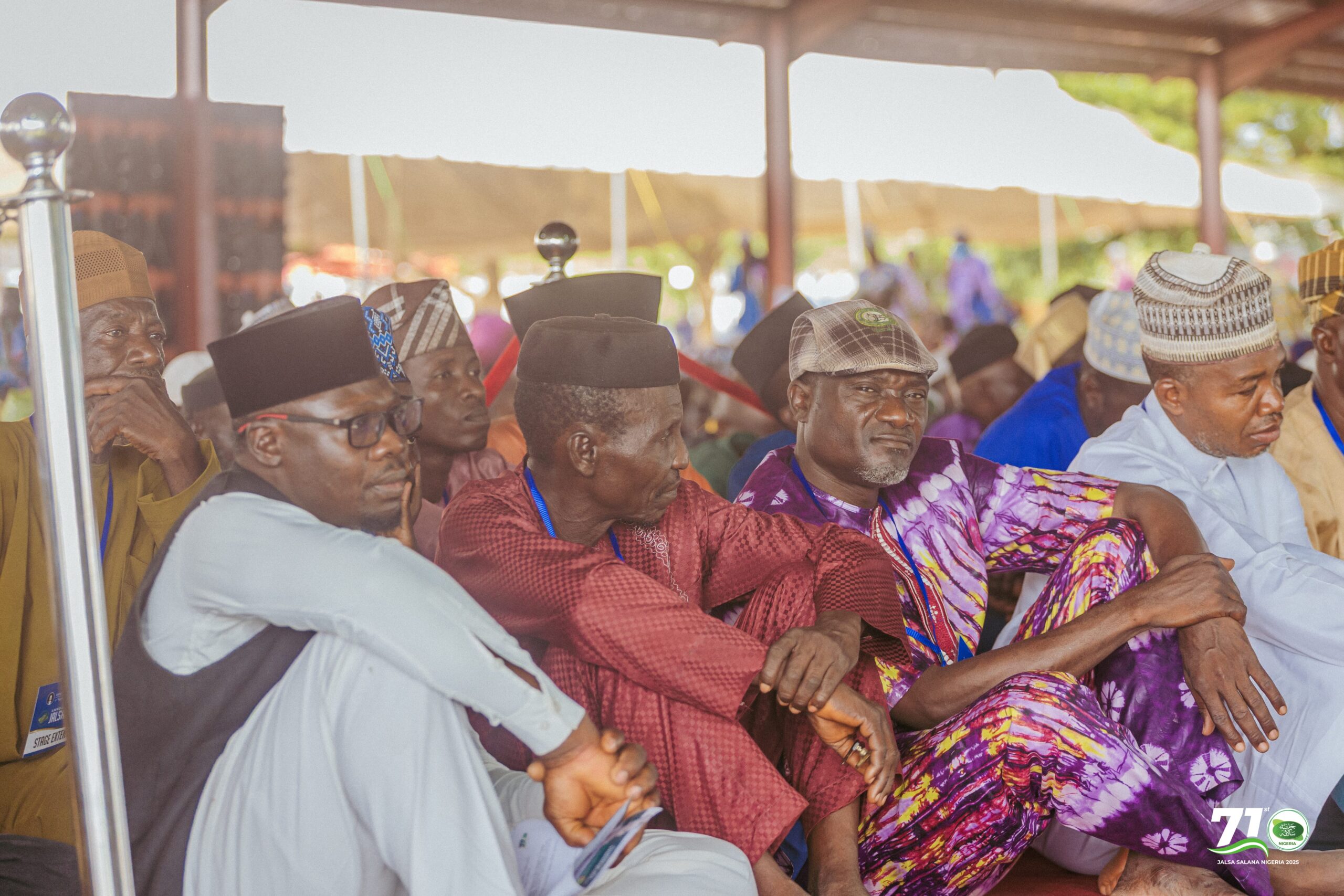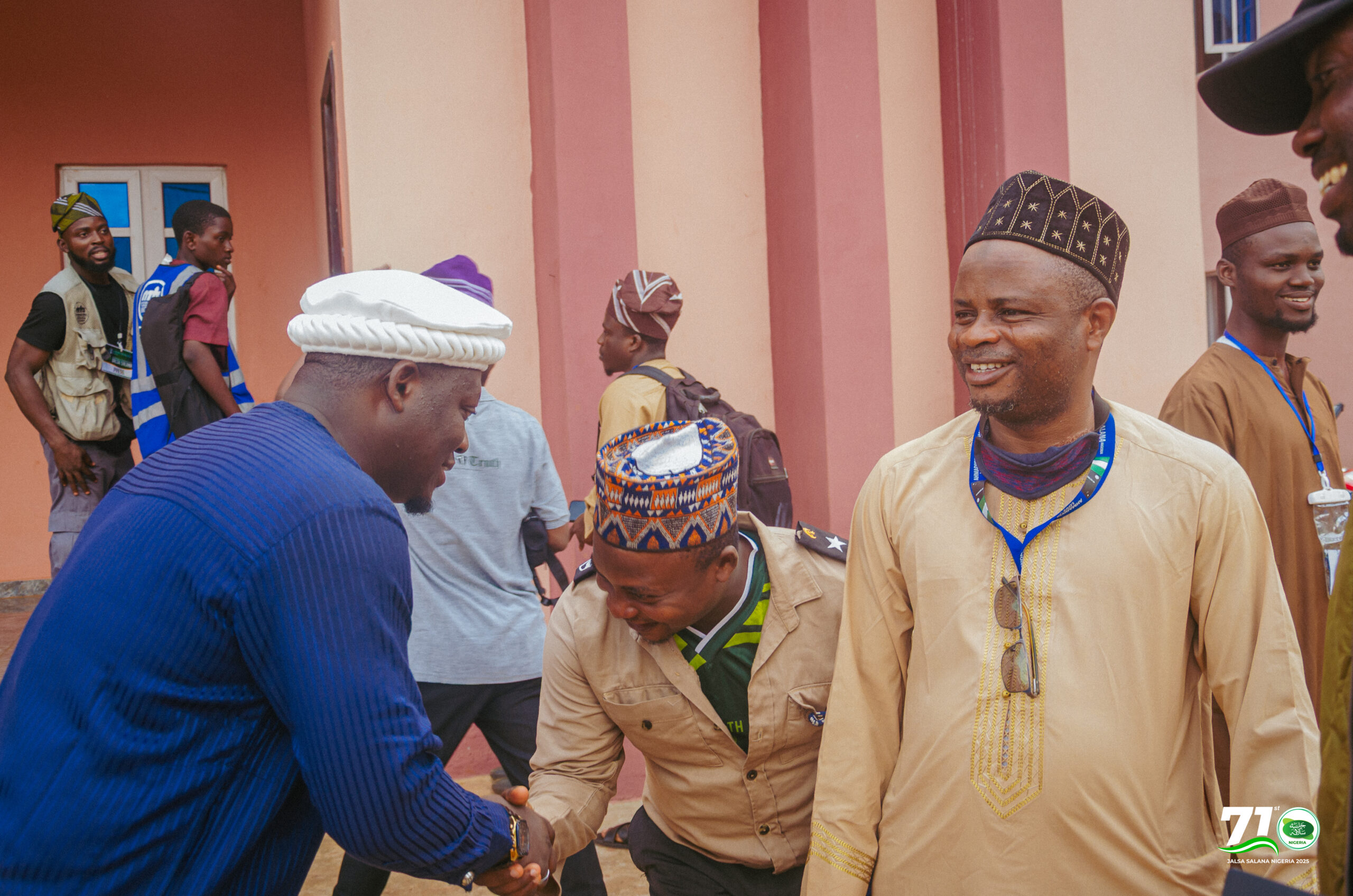By Abdur Raqib Akinyemi
Jalsa Salana, the Annual Convention initiated by the Promised Messiah (peace be upon him), serves as a unique platform for spiritual rejuvenation and fostering unity within the community. Among its many objectives, the engagement of youth holds a pivotal role as they are the torchbearers of future generations. Ensuring their active participation at Jalsa offers immense opportunities for spiritual growth and community building, rooted in the teachings of the Holy Qur’an, the sayings of the Holy Prophet Muhammad (peace and blessings be upon him), and the guidance of the Khulafa of Ahmadiyyat.
The Qur’anic Vision for Youth Engagement
The Holy Qur’an emphasizes the importance of nurturing spiritual and moral values among men. Allah states:
وَتَعَاوَنُوا عَلَى الْبِرِّ وَالْتَقْوَى وَلَا تَعَاوَنُوا عَلَى الْإِثْمِ وَالعُدْوَانِ وَاتَّقُوا اللَّهَ إِنَّ اللَّهَ شَدِيدُ الْعِقَابِ
“And help one another in righteousness and piety; but help not one another in sin and transgression.” (Surah Al-Ma’idah, 5:4)
This verse underscores the responsibility of guiding youth towards collective righteousness. Jalsa Salana offers a fertile ground for fostering such cooperation by immersing young people in an environment of prayer, knowledge, and moral training. Engaging in activities like volunteering, listening to inspirational speeches, and participating in congregational prayers helps cultivate their spiritual awareness and a sense of belonging to the Jama’at.
The Prophetic Model of Youth Empowerment
The Holy Prophet Muhammad (peace and blessings be upon him) often entrusted youth with critical responsibilities, demonstrating his confidence in their potential. He appointed young companions like Hazrat Usama bin Zaid (may Allah be pleased with him) to lead armies, emphasising the importance of giving youth meaningful roles. At Jalsa Salana, assigning youth key responsibilities in logistics, hospitality, and security not only empowers them but also instils a sense of accountability and discipline.
The appointment of Hazrat Usama bin Zaid (may Allah be pleased with him) by Prophet Muhammad (peace and blessings be upon him) as the commander of a military expedition is well-documented in Islamic history and hadith sources.
Prophet Muhammad appointed Usama bin Zaid, who was only 18 years old at the time, to lead a significant military expedition to Syria, targeting the Byzantine forces in Balqa. This appointment followed the Battle of Mu’tah, where Usama’s father, Hazrat Zaid bin Haritha, was martyred. Despite criticism from some companions due to Usama’s young age, the Prophet affirmed his decision, emphasizing Usama’s competence and expressing his deep trust and affection for him. The Prophet reportedly said, “He is one of the most beloved of people to me, after his father” Sahih al-Bukhari (Book of Virtues, Hadith 3730)
This event highlights the Prophet’s approach to youth empowerment, as he entrusted significant responsibilities to young individuals based on their abilities rather than age or social status. The leadership of Hazrat Usama serves as a historical example of the confidence placed in youth to execute critical tasks with accountability and dedication.
Guidance from Khilafat
The Khalifatul Masih V, Hazrat Mirza Masroor Ahmad (may Allah be his Helper) has repeatedly stressed the importance of engaging youth in spiritual and community-building endeavours. In his Friday Sermon on August 10, 2018, he highlighted:
“The youth of the Jama’at must remain firm in their faith and strive to become an example of righteousness for others. They should engage in regular prayers, recitation of the Holy Qur’an, and work selflessly for the betterment of society.” ([Friday Sermon, August 10, 2018] (https://www.alislam.org/friday-sermon/2018-08-10.html))
Jalsa Salana provides a practical framework for implementing this guidance. Through motivational addresses and interactive sessions, youth are inspired to strengthen their connection with Allah, uphold Islamic values, and contribute positively to their communities.
Opportunities for Spiritual Growth
- Congregational Prayers and Dars: Attending congregational prayers at Jalsa strengthens the bond of unity and develops a habit of regular worship. Listening to Dars (religious discourses) deepens their understanding of Islamic teachings.
- Access to Scholars and Guidance: Jalsa provides a rare opportunity for youth to interact with scholars and missionaries, allowing them to seek answers to their spiritual and personal questions.
- Volunteering as a Form of Worship: Volunteering at Jalsa is not just a service but an act of worship. Hazrat Mirza Bashiruddin Mahmud Ahmad (may Allah be pleased with him) once said that serving at Jalsa is a means of earning Allah’s pleasure. Through such service, youth learn humility, teamwork, and sacrifice.
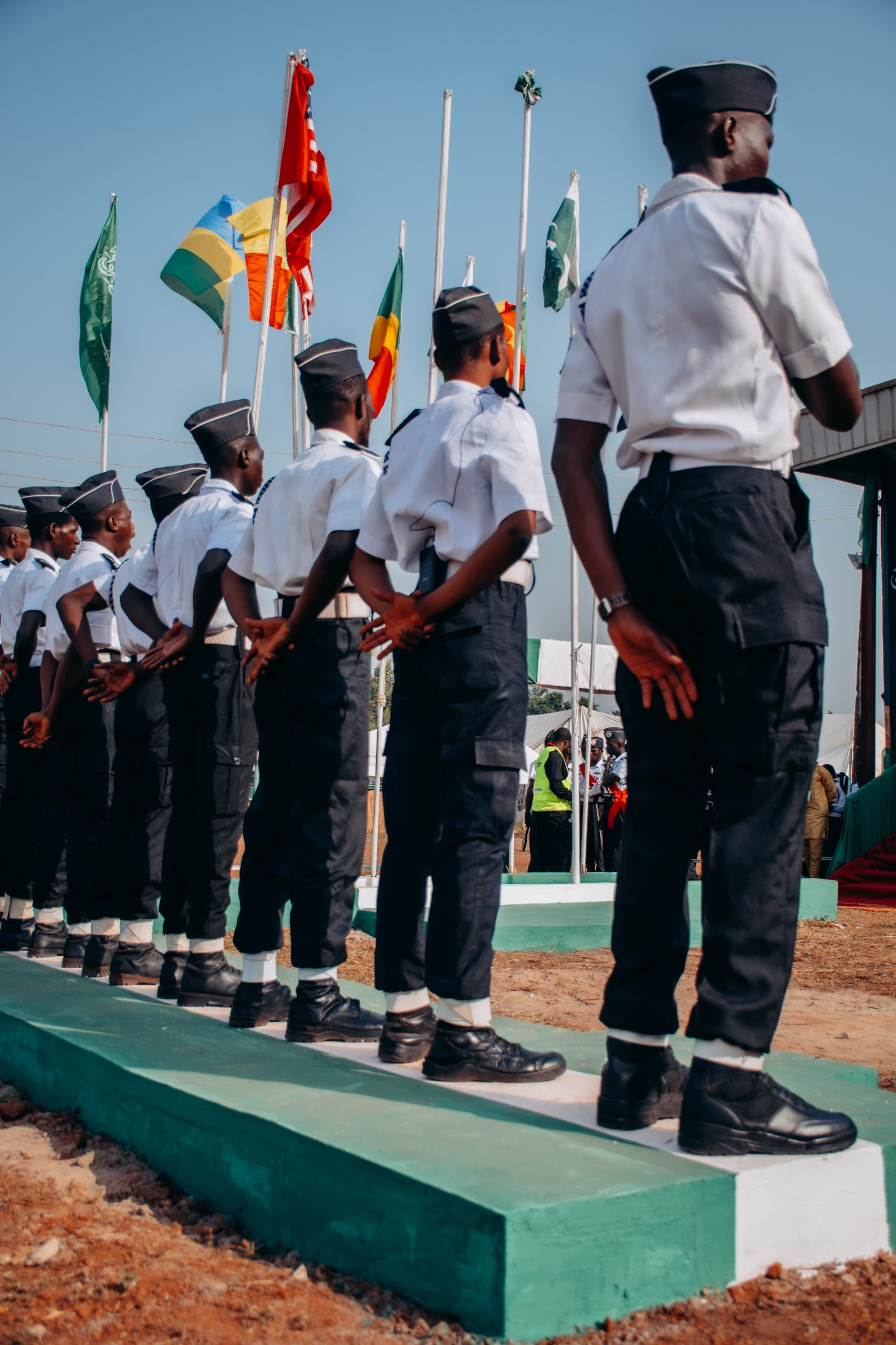
Community Building Through Brotherhood
Jalsa fosters a sense of brotherhood and unity among youth from diverse backgrounds. Participating in communal meals, group discussions, and recreational activities builds lifelong bonds. As Hazrat Khalifatul Masih V (may Allah be his Helper) mentioned in his Friday Sermon on September 27, 2019:
“The bond of brotherhood strengthens faith and inspires mutual love and respect, which are the hallmarks of a true believer.” ([Friday Sermon, September 27, 2019](https://www.alislam.org/friday-sermon/2019-09-27.html))
This spirit of unity helps youth recognize the Jama’at as their extended family, motivating them to work collectively for its progress.
A Call to Action for Youth
Youth are reminded of their immense responsibilities, as highlighted in Hazrat Mirza Masroor Ahmad’s sermon on July 21, 2017:
“The youth must lead by example in both spiritual and moral excellence. They should focus on building their relationship with Allah and fulfilling their obligations towards the community.” ([Friday Sermon, July 21, 2017] (https://www.alislam.org/friday-sermon/2017-07-21.html))
At Jalsa Salana, youth can take inspiration from these words by setting personal spiritual goals, such as improving their prayers, memorizing portions of the Holy Qur’an, and actively participating in Jama’at initiatives.
Conclusion
Engaging youth at Jalsa Salana is an investment in the future of the Jama’at. By providing opportunities for spiritual growth, moral training, and community building, we prepare them to become exemplary members of society. Through the Qur’anic vision, the Prophetic model, and the guidance of Khilafat, youth can transform Jalsa participation into a catalyst for lifelong devotion to their faith and service to humanity.

